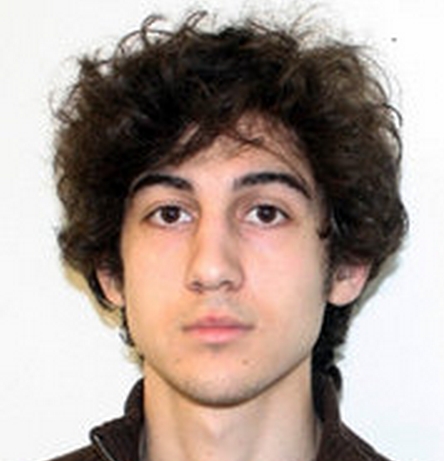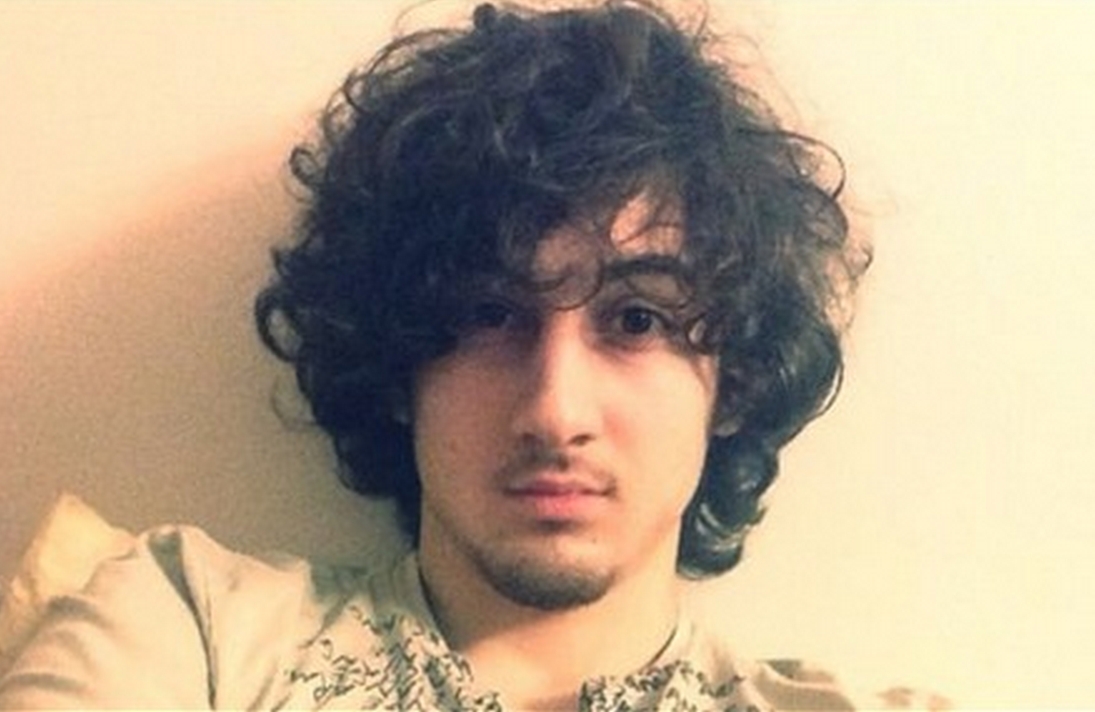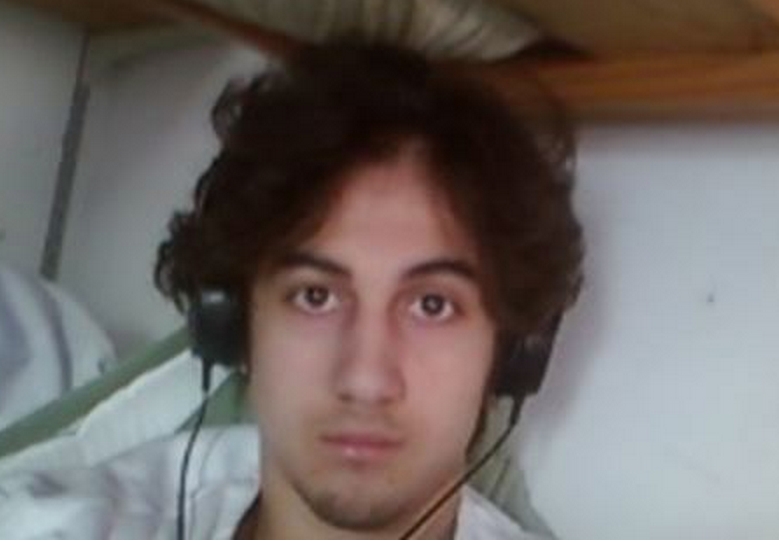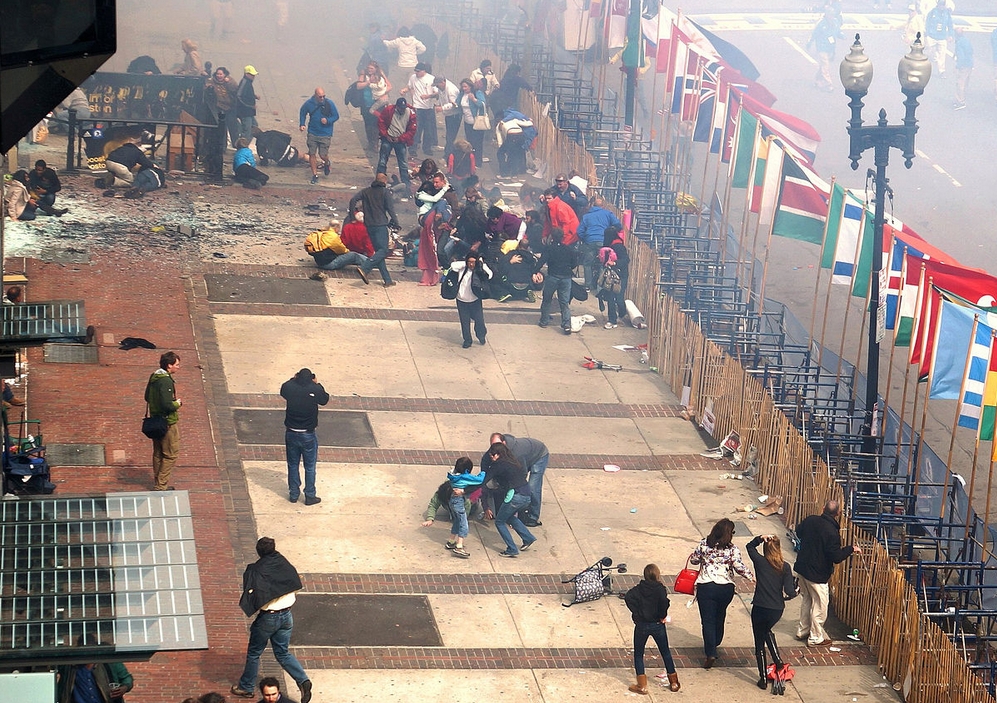
Authorities have released documents pertaining to Boston Marathon bombing suspect Dzhokhar Tsarnaev, including notes that Tsarnaev jotted down while hiding in a boat in Watertown as the massive manhunt took place all around him.
Court documents were filed by United States attorney’s office on Wednesday that included those notes.
Tsarnaev you wrote while in hiding, “I’m jealous of my brother who ha[s] [re]ceived the reward of jannutul Firdaus (inshallah) before me, I do not mourn because his soul is very much alive. God has a plan for each person. Mine was to hide in this boat and shed some light on our actions …. Now I don’t like killing innocent people it is forbidden in Islam but due to said [UI] it is allowed.”
His notes continued, “The US Government is killing our innocent civilians but most of you already know that,” the notes read. “I can’t stand to see such evil go unpunished, we Muslims are one body, you hurt one you hurt us all.”
Saying that the actions that he and his brother carried out had “awoken the mujahedin,” Tsarnaev continued writing, “[K]now you are fighting men who look into the barrel of your gun and see heaven, now how can you compete with that.”
The documents that were presented to the court also included a request for denial of Tsarnaev’s motion to declare the death penalty as unconstitutional.
Prosecutors also argued that comments made by Tsarnaev while he was hospitalized soon after his arrest should be admitted. This in opposition to the defense’s motion to suppress those statements.
Defense lawyers state that because Tsarnaev was not read his rights to remain silent or have an attorney present and investigators also did not respond to his repeated requests for a human rights lawyer, that statements he gave from the hospital bed admitting his involvement in the bombings should not be admissible in court.
Prosecutors admit that police did not read Tsarnaev his rights, but said it was not necessary according to Supreme Court precedent. The prosecution states that the FBI was right to question Tsarnaev extensively due to the possibility of accomplices that may have built additional bombs and still posed a continuing danger to public safety. It was also pointed out that the use of Christmas lights as fuses and the remote controls from model cars used as a detonation device suggested that the brothers had gotten terrorist training.
The Supreme Court precedent cited by prosecutors pertains to the “public safety” exception to the Miranda warnings that allow for limited questioning of a suspect when it is believed there is an imminent danger of an attack.
The FBI conducted 14 interviews with Tsarnaev over a period of 38 hours for a total time of 22 hours after he underwent surgery for multiple gunshot wounds and was on pain medication.
Tsarnaev’s attorneys argue that the statements that their client made were involuntary and that the “public safety” exception didn’t apply to the interrogation. They also pointed out that their client’s first court appearance was postponed so that the FBI could continue questioning Tsarnaev.
The prosecution states that they will pursue the death penalty for the April 15, 2013 attack that killed three people and wounded more than 260. Tsarnaev has pled “not guilty” to all 30 charges.
Tsarnaev’s trial date is set for November 3.






